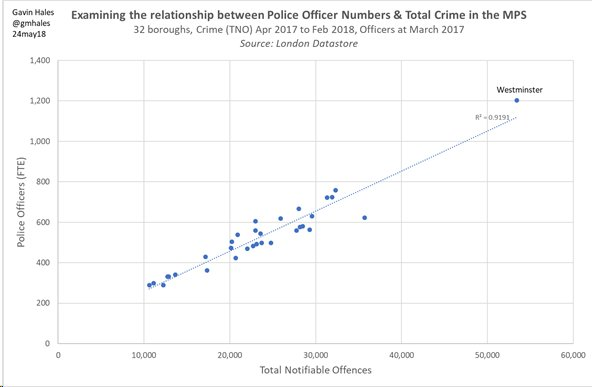
One striking finding of the London Rape Review 2021 is that the (joint) most common reason for victim withdrawal from police investigations was that the victim 'did not intend to report rape'.
london.gov.uk/sites/default/…
london.gov.uk/sites/default/…

The researchers note that victims who disclosed (they use the word 'reported', but I'm not sure that's accurate) rapes in response to DASH questions were 3x as likely to withdraw than victims who reported in other ways.
These will in many cases be DASH risk assessment processes conducted in response to allegations of violence, where a disclosure of rape is made in response to a direct question asked by a police officer about any history of harmful sexual behaviour/sexual abuse.
Under the crime recording rules, any such disclosures are then recorded by police forces as allegations of - in this case - rape.
The victim has no agency over that decision.
The victim has no agency over that decision.
H/t @PenelopeGibbs2
https://twitter.com/PenelopeGibbs2/status/1469929173980520450?t=z8XQbmHBmOcK3o1_wkiDiA&s=19
• • •
Missing some Tweet in this thread? You can try to
force a refresh






